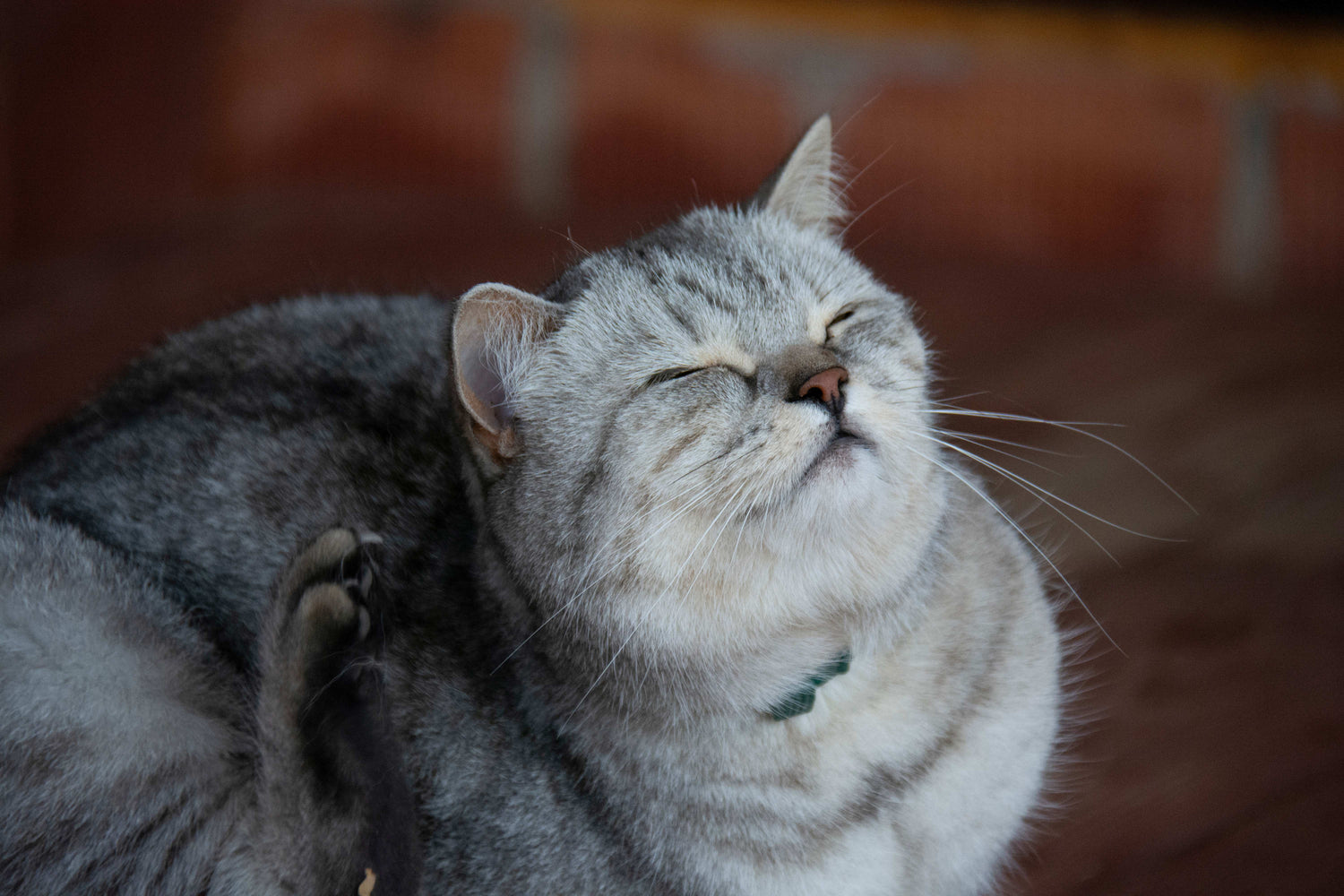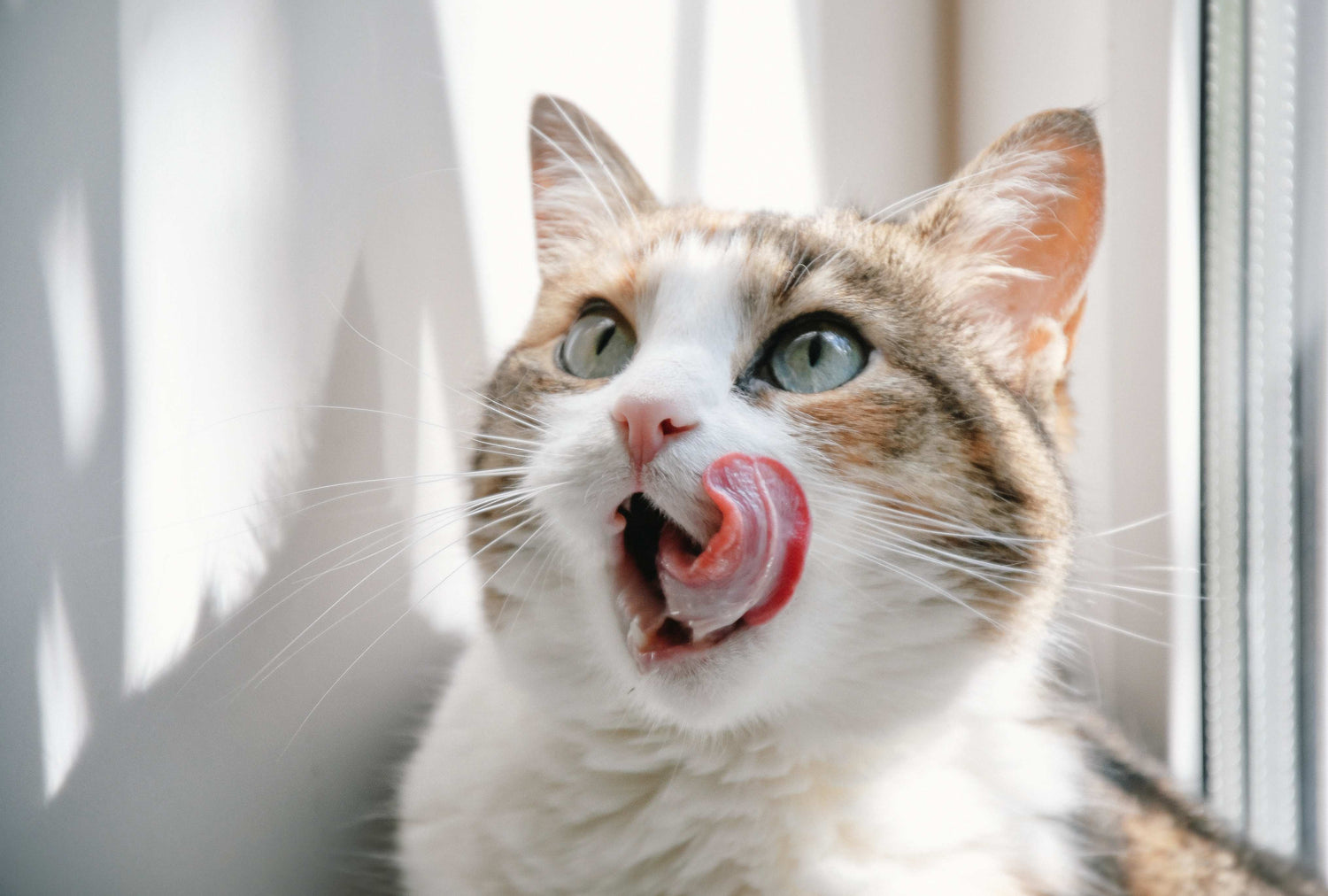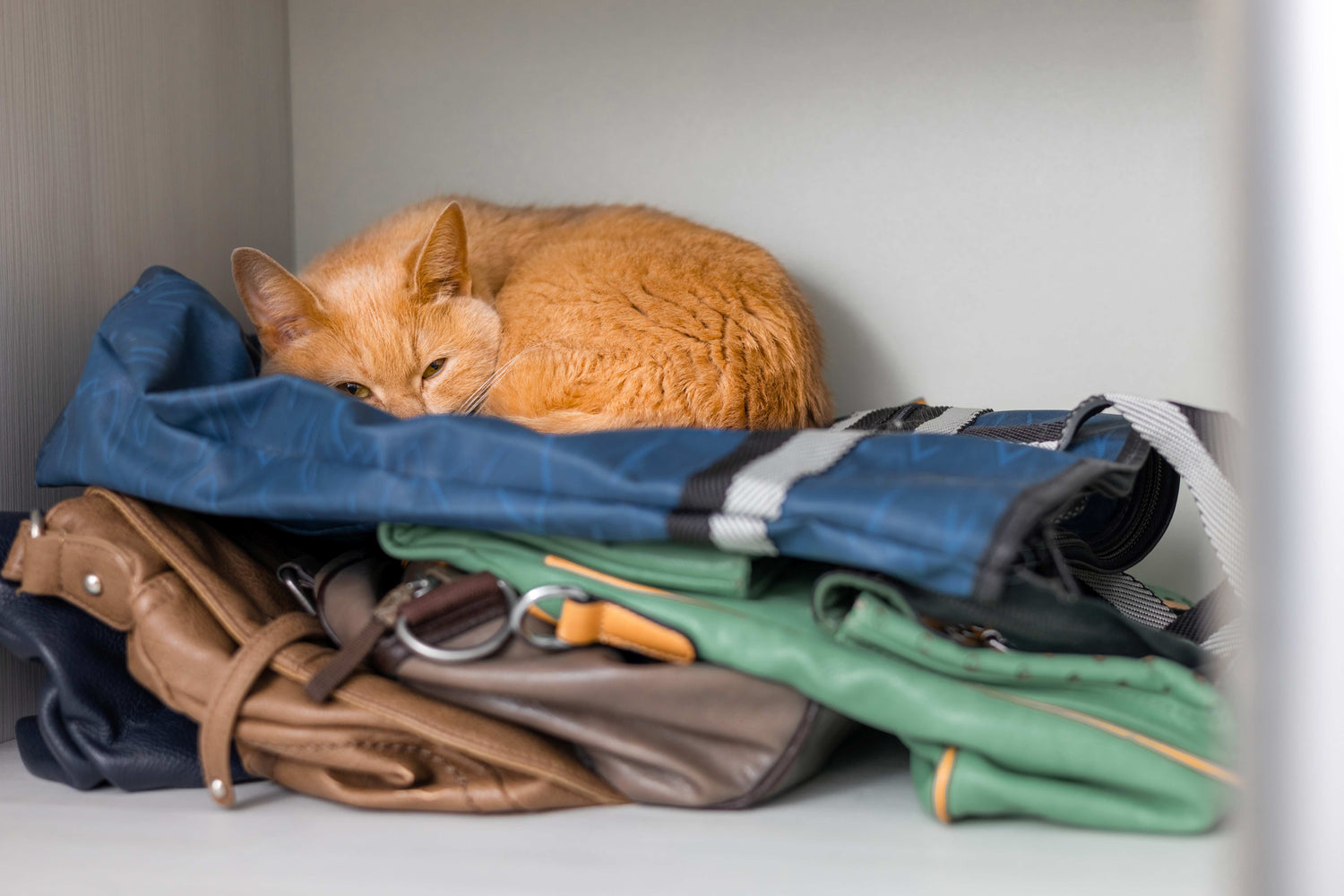Your cat sleeps a lot: This is what is behind it
Even though cats are bundles of energy when they are awake and tirelessly chase toys, mice and light reflections, you can often find them dozing on the sofa for hours. But why does a cat sleep so much? Find out here how much sleep cats need, why they have such a strong need for sleep and when your furry friend's tiredness should be a cause for concern.
How much sleep does a cat need?
Cats usually sleep for up to two thirds of a day - an average of 15 to 16 hours a day. However, the need for sleep depends on the age and activity level of the individual cat, as well as the season and weather. Very young kittens need a lot of sleep to grow and spend up to 90% of the day sleeping. Old cats also sleep a lot and need an average of 16 to 18 hours a day, more sleep than their younger counterparts. During sleep, the animals replenish their energy reserves and process the events of the day. But sleep is not always the same:
- Deep sleep : A cat is only in deep sleep for about four hours a day, and only for five to seven minutes at a time. During the deep sleep phases, your cat relaxes its muscles, lies on its side or even its back, has its eyes closed and its ears relaxed. During this time, the animal is unresponsive and gives the impression of dreaming by rolling its eyes behind its eyelids and occasionally twitching its paws or the tip of its tail. What exactly cats dream about has not been researched. However, it is assumed that they experience typical cat activities in their dreams.
- Twilight sleep : The rest of the time, a cat sleeps very lightly and dozes in a kind of twilight sleep lying on its stomach. But this phase is also short and usually lasts no longer than thirty minutes at a time. During these naps, your pet is still on alert, unlike in deep sleep: its ears are pricked up and react to noises, your furry friend is still responsive and its muscles are slightly tense. This is due to the cat's past as a predator with its own enemies: it is always ready to leave its state of relaxation and react wide awake in the event of danger.
Cats need a lot of twilight and deep sleep throughout the day to replenish their energy reserves. When awake, the animals are constantly on edge as hunters, watchfully observing their surroundings and putting a lot of energy into hunting - whether it's hunting mice and small animals outdoors or hunting for toys in the home.
While the cat's naps help it to regenerate its body, it needs deep sleep to relax its mind. It is therefore all the more important that you do not wake your cat during the deep sleep phase. This disturbs the cat's relaxation and can lead to aggressive behavior. Kittens that need a lot of sleep can even suffer a shock if they are torn from deep sleep.
[rebuilding course]
My cat sleeps much more than usual
Do you have the impression that your cat is sleeping a lot more than usual? There can be various reasons for this. Cats are naturally active at dusk and at night. Outdoor cats in particular therefore usually use the night hours to go out and stalk. Some house cats adapt their sleeping habits to those of their human roommates and are already active when we come home from work or school. However, with a new animal roommate in particular, the impression can quickly arise that she sleeps the whole day, as we ourselves sleep when she is most active. If your cat is older, this can also be a reason for a great need for sleep. Senior cats need an average of two hours more sleep than younger cats.
External influences such as the weather also affect your cat's sleeping behavior: on very hot summer days, it will probably prefer to retreat to a shady spot and rest. In rainy weather, many water-shy cats also avoid going outside. In the dark season, many cat owners also notice that their four-legged friends are extremely tired during the winter. This is completely normal: like us humans, cats have a greater need for rest and cuddles in the dark months than in the bright summer. On cold days, cats also have to burn more calories to maintain their body temperature.
If your cat seems very sleepy and listless, it could be because of boredom. Cats need a lot of stimulation and variety when they are awake. Indoor cats in particular, whose range of movement is limited, need lots of toys, scratching posts and time with us humans to romp and play.
If your furry friend seems very tired, it may be that he doesn't have a suitable place to sleep. During their deep sleep phases, cats are vulnerable and want to be as undisturbed as possible - so they like to retreat to secluded hiding places or snuggle up under a blanket to sleep. Make sure that your cat has enough hiding places and cozy places to sleep. For example, build a cave out of blankets or pillows, set up a special cat bed, or let your outdoor cat sleep in an old cardboard box in a protected place outside.

Other reasons for tiredness in cats
If you can rule out the reasons for your cat's tiredness listed above, there may be a bigger problem behind it. Is your cat withdrawing, eating little and sleeping a lot? The following causes are possible if your cat is suddenly tired and has a lack of appetite :
- stress
- Poor quality feed
- mild infection
- More serious illness
As animals sensitive to stress, cats can react to changes such as moving house, new roommates, rearranged furniture or a change in food with a loss of appetite and tiredness. The loss of appetite and the change in sleeping behavior are closely related to one another, as the cat needs a lot of protein and calories to cover its energy requirements. Poor quality food can also be the trigger, as the cat either rejects it completely or does not consume enough nutrients due to the poor quality of the food.
Illnesses such as short-term infections or more serious illnesses also contribute to tiredness, lethargy and loss of appetite in cats. In the best case scenario, your cat will quickly get fit again. However, if accompanying symptoms such as diarrhea or vomiting occur, it is important to be vigilant. These can be signs of a serious illness such as kidney failure , diabetes or cancer.
In addition to fatigue and loss of appetite, kidney failure can manifest itself in the cat's increased need to drink, weight loss and frequent urination. Cats with diabetes can no longer regulate their glucose levels, lose energy and drive and try to compensate for this by drinking more, among other things. Tumors can show very different symptoms, but weaken a cat considerably and can cause tiredness and lethargy.
If you notice that your cat is very tired and weak for a long period of time, sleeps a lot and is also showing other symptoms such as loss of appetite, drinking more, vomiting or diarrhea, you should definitely see a vet. Even if your cat is showing minor ailments or noticeable changes in behavior, it is advisable to consult a vet to get certainty and to be able to help your cat quickly if necessary. In addition to the vet's advice, you can give your cat special food tailored to its needs depending on the diagnosis and state of health. You should change the food slowly and carefully so as not to stress your house cat.






